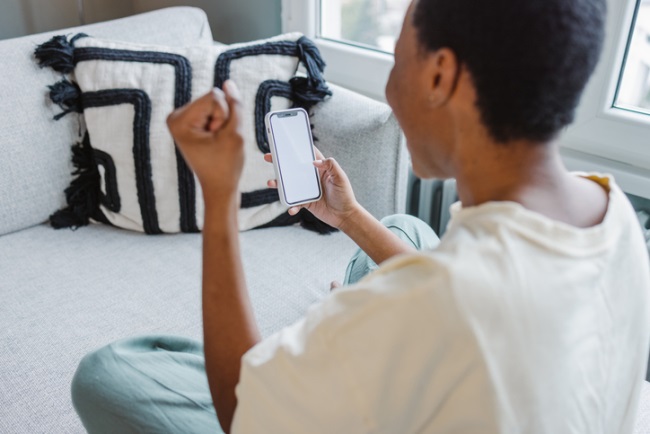
The end of January comes with a long-awaited salary that some in the job market are receiving for the first time.
If you’ve landed your first gig after graduating university or you’ve just started your first formal job in 2024, it’s easy to blow your first salary on the things you desire.
Whether it’s clearing that online shopping cart that’s been building or treating yourself – or your friends – to a night out tapping your bank card away with every expense.
While it can be tempting to indulge in the finer things in life now that there’s more than double digits in your bank account, staying disciplined with your money will help set you up for financial success in the future.
READ MORE | Make every cent count – 5 tips to keep your money stretching in January
TRUELOVE spoke to financial advisors to get all the tips and tricks you need to maximise your first salary and get on the right path to success.
1. Create a budget and stick to it
There’s something about getting your first salary that makes you feel like you run the world. Even if you’re money conscious, those unexpected lunch dates and impromptu night outs can make a big dent in your bank account.
Andiswa Mojapelo, head of client success at Momentum Velocity Club, shares some tips to create a realistic budget that you can commit to.
By using your bank statement to understand your current monthly expenses before outlining a budget, you give yourself more of a chance at planning your expenses more accurately.
“Ensure that you set up a scheduled payments for all your fixed monthly expenses, so all the important items are taken care of as soon as possible. This will give you a good indication of your disposable income.
“Break down variable spending like groceries and transport into weekly budgeted amounts, this will make it easier to track and correct should you overspend on a particular week. Remember that a budget is a spending plan and whilst it is a great guideline to have, most of the work begins after the plan so reconcile what you had planned to spend and what you spend as often as possible to make sure you are still on track,” Andiswa says.
- There is a difference between qualifying and affording. Many providers will line up to offer you credit that you may not necessarily afford so make sure the commitments you are make fit into your budget.
- Do not succumb to the pressure of keeping up with your peers, our circumstances and responsibilities are different, and money is personal. The choices you make should always align with your financial position and goals.
- Do not delay savings until you have “enough” the sooner you able to train your savings muscle the better so start whether its with R100, R200 or even less. Commit to a certain amount you can afford and put something away every month.
- Don't go on a spending spree without any care in the world. You'll finish your income and then turn to loans. Since you may not have a good credit profile, you'll end up being charged high interest rates.
2. 'A goal without a plan is just a wish'
Andiswa’s favourite quote is one that should be etched in stone, simply because having a goal is not enough.
Goals without well thought out and formulated plans are easy to let fall to the wayside. This is where the SMART acronym or specific, measurable, attainable, realistic and timely goals come in.
“You need to make sure that a goal is specific, measurable, attainable, realistic and time bound, and these are all elements covered in a solid financial plan, Andiswa says.
“Understanding the current state of your finances also helps in building a healthy financial so spend some time with your bank statement, create a spending plan and don’t shy away from having the difficult conversations you need to have with loved ones. They need to understand your limitations."
READ MORE | ‘You can’t be a payday millionaire and broke the day after’ – 5 excuses why we overspend
3. Start and stay on track with your savings
The best way to put money away every month is to have a separate account specifically for your savings, preferably one that you can’t withdraw from on a daily basis.
Rapule Mahlangu, head of associations and affinity groups at Metropolitan, shares that you should “Start small and gradually increase your savings contributions. This will allow you time to get in the habit of saving without a huge amount of pressure on your income.”
The best way to approach saving is to start with a small and realistic amount you could do without every month and have a bigger picture attached to every amount you save, keeping you motivated every step of the way.
4. Find an accountability partner
Having someone to hold you to your word when it comes to saving every month and sticking to your budget may sound daunting or slightly annoying, but trust the experts, it helps.
Andiswa explains that having someone like “a financial advisor who understands what you are trying to achieve and how it fits into your overall financial plan” is an easy way to get on the same page with your spending goals.











